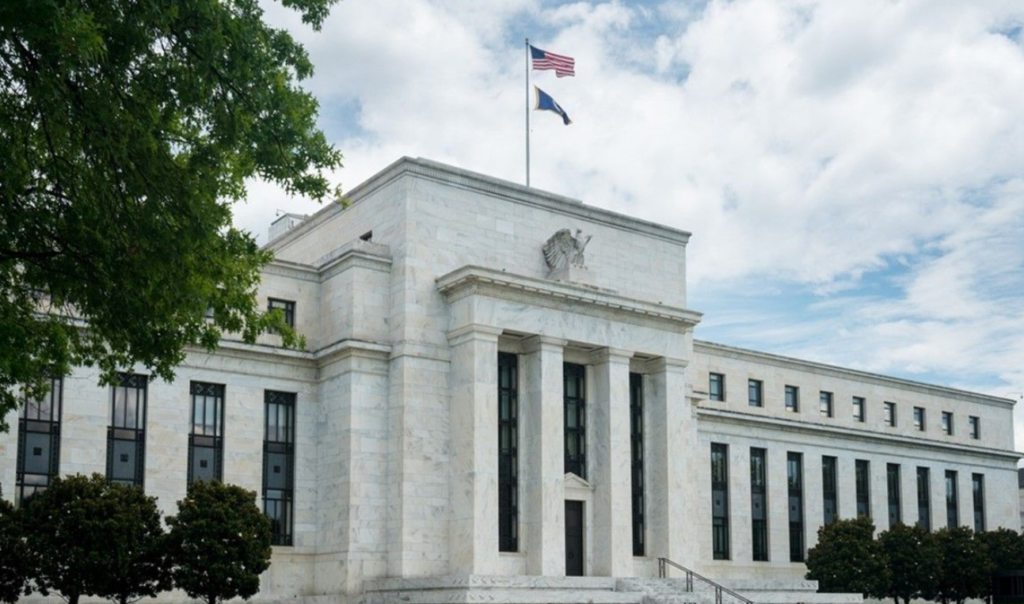The Federal Reserve just announced its largest interest rate increase since 1994 and the move is expected to have a serious impact on the housing market, economists believe.

While the Fed’s key interest rate doesn’t directly affect mortgage rates, it does have a very strong influence on them.
On Wednesday, the Federal Open Market Committee announced it had decided to increase the benchmark funds rate by 0.75% to help rein in inflation that is now at a 40-year high. Banks use the Fed’s rate as their benchmark to charge one another for short-term borrowing. Wednesday’s hike results in a big increase in interest rates, and Lawrence Yun, chief economist of the National Association of Realtors, told CNBC it is likely to be the first of yet more hikes on the way in the coming months.
To date, the Fed funds rate has jumped by 175 basis points this year, resulting in the 30-year fixed-rate mortgage rate increasing even more, by almost 300 basis points. For a $300,000 mortgage, that translates to monthly repayment of $1,800, up from just $1,265 in December.
Yun said it is a “painful” increase and would undoubtedly “shrink the buyer pool”.
As a result, we can expect to see a further slowdown in the housing market, the economist said.
“Home sales have recently been trending down toward 2019 figures,” Yun continued. “Sales could fall even further, with some inventory sitting on the market for more than a month like in pre-pandemic days. Pricing a listed home properly will, therefore, be the key to attracting buyers.”
Yun said he expected further increases in mortgage interest rates, adding that they will likely only stabilize once consumer inflation reverses.
What’s most shocking is the speed at which consumer’s buying power is evaporating. The 30-year fixed-rate mortgage averaged 5.23% last week, up from an average of just 2.96% last year. Since last week, mortgage rates are now just shy of 6%, according to a national survey by Bankrate.com.
Not surprisingly, it means more buyers are being priced out of the housing market. Mortgage applications have fallen by double-digits compared to one year ago. The only positive is that this may help the housing market to recover from historic low inventories which have pushed prices up over the past two years.
The Fed committee said by taking a more aggressive approach it hopes to be able to reduce inflation.
“Clearly, today’s 75 basis point increase is an unusually large one and I do not expect moves of this size to be common,” said Federal Reserve Chairman Jerome Powell in a statement. Even so, Powell did admit that there could be a further increase of 50 to 75 basis points at the Fed’s next meeting in July.
The good news is that the Fed said it remains optimistic about the economy.
“Overall economic activity appears to have picked up after edging down in the first quarter,” the Fed said in a statement. “Job gains have been robust in recent months and the unemployment rate has remained low. Inflation remains elevated, reflecting supply and demand imbalances related to the pandemic, higher energy prices and broader price pressures.”